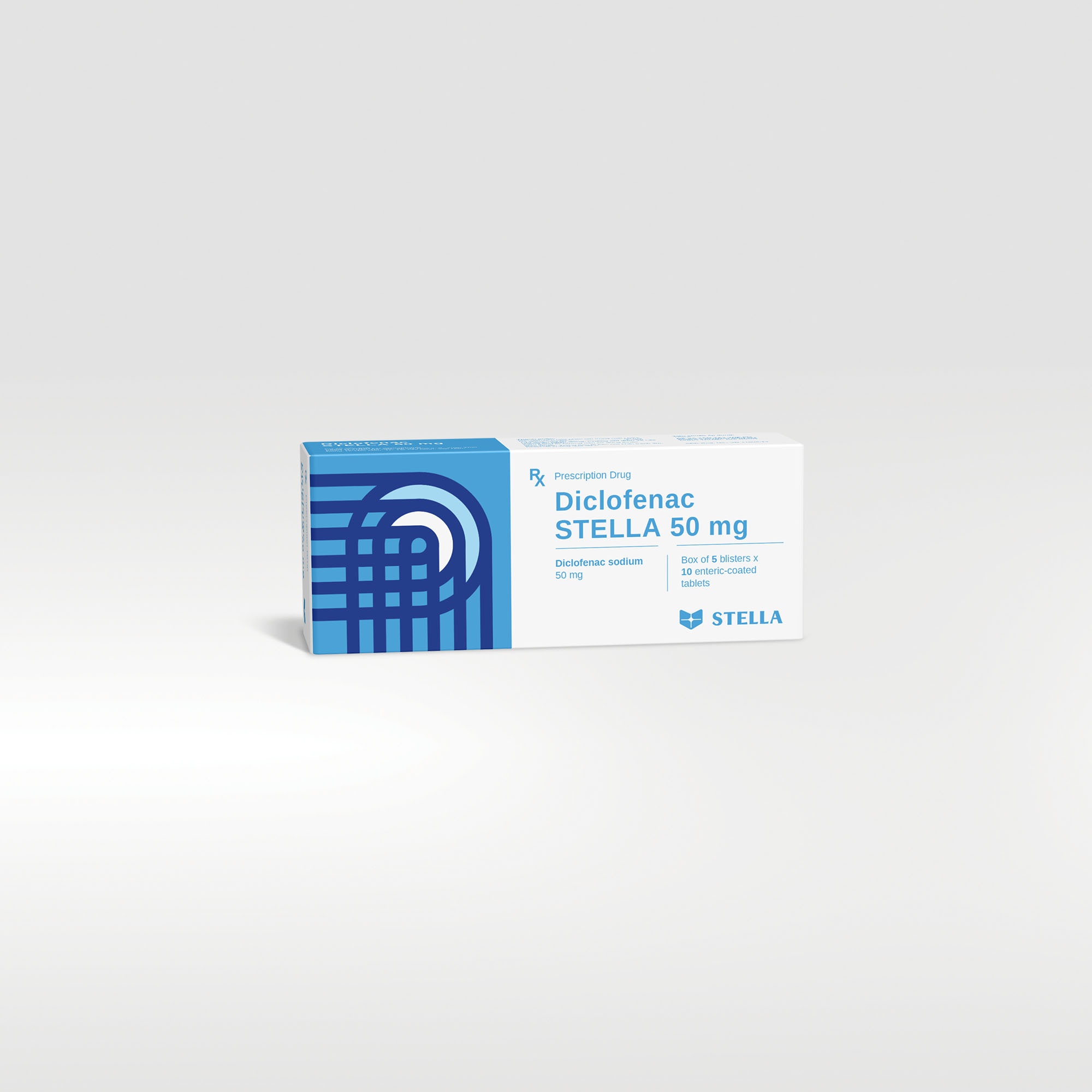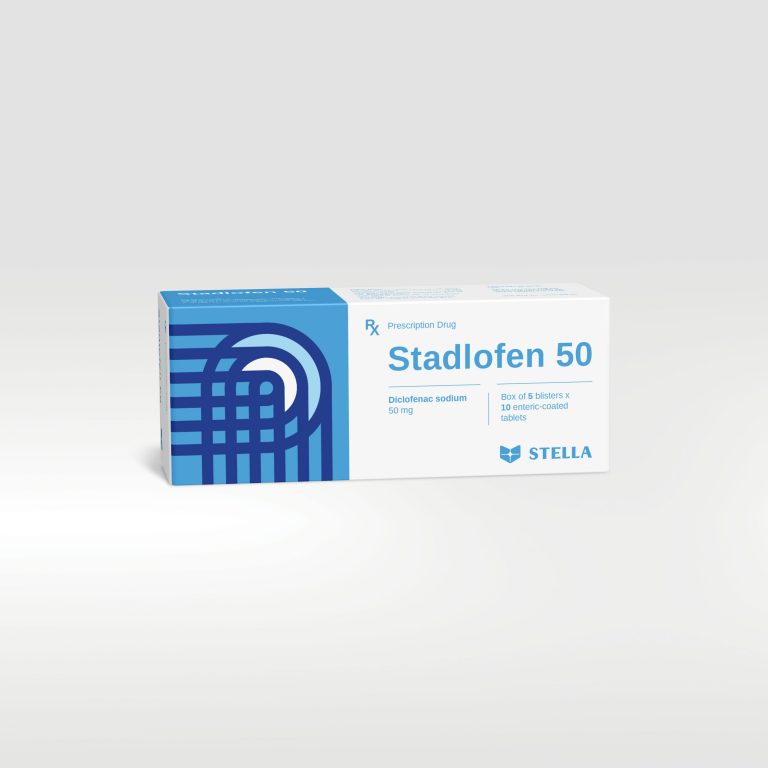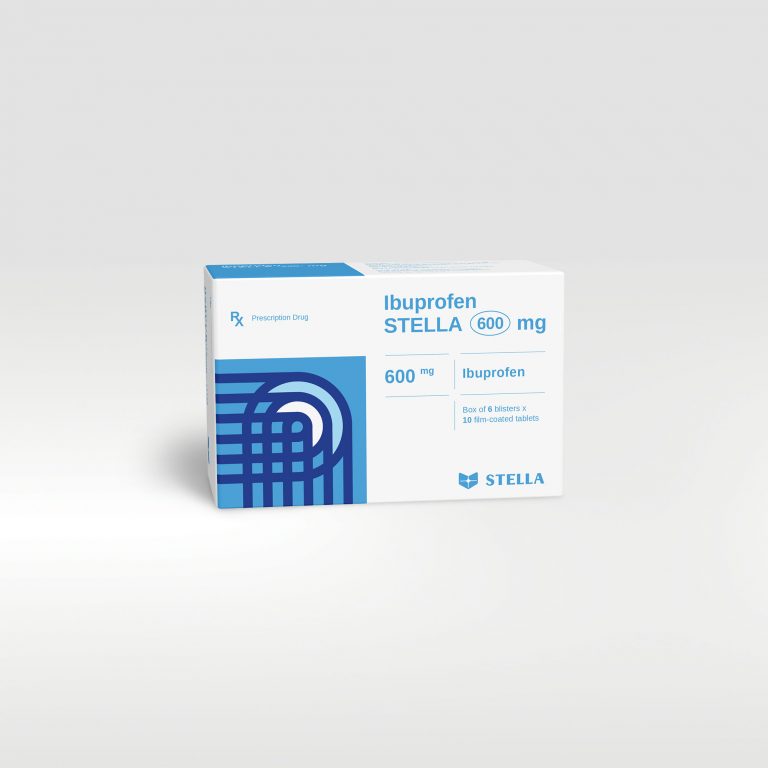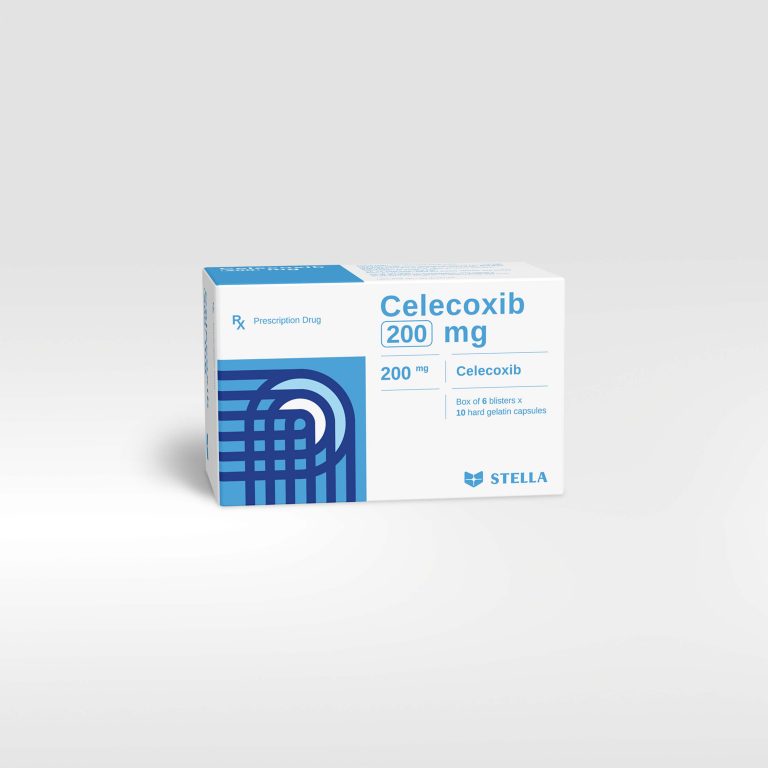Diclofenac STELLA 50 mg Rx
Diclofenac STELLA 50 mg is a prototypical nonsteroidal anti-inflammatory drug (NSAID).
| Pack size | Box of 50 tablets |
| Shelf-life | 36 months |
| Composition | Diclofenac sodium |
| Dosage forms and strengths | Enteric-coated tablet: 50 mg |














